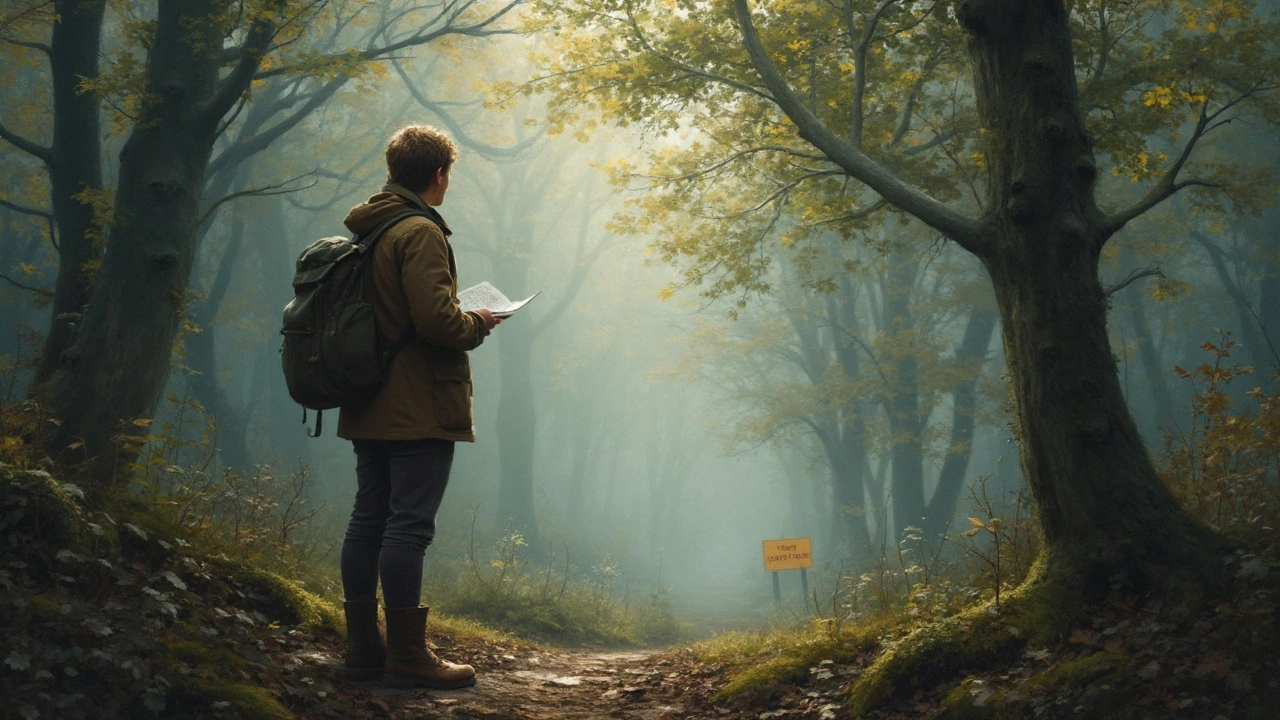Off‑Grid Camping: Tips, Legal Basics & Gear for Motorhome Adventures
If you love the freedom of pulling up wherever you want, off‑grid camping is the ultimate way to travel. It means staying away from hookups, using your own power, and often finding spots that aren’t marked on a map. Below you’ll get the most useful advice for doing it safely, legally and comfortably.
Legal basics for off‑grid stays
First thing: know where you can actually park overnight. In the UK, wild camping is legal in Scotland under the "right to roam," but England and Wales have stricter rules. Stealth camping on public land can land you a fine if a landowner spots you, so choose spots with low foot traffic and keep a low profile.
In the US, each state has its own rules. Boondocking at Walmart is popular, but you still need to follow the store’s policies and local ordinances. Check signs, ask the manager, and leave the area as you found it. When you’re near a beach, research whether free beach camping is allowed – many Californian coasts ban overnight stays, while some remote spots in Wisconsin let you set up for free.
Power & gear for living off the grid
Running a 12‑volt TV straight from your battery? Absolutely, but you’ll need a proper inverter and a battery that can handle the load. A good rule of thumb is to keep your TV usage under 2‑3 hours a night to preserve power for lighting and refrigeration.
Solar panels are the most common way to recharge on the road. A 200‑watt panel paired with a 100‑amp hour battery will keep lights, phones and a small fridge running for a couple of days. For longer trips, add a second panel or use a portable wind turbine.
When you’re not near a power source, a propane heater or a small wood‑burning stove can keep you warm. Just remember ventilation – carbon monoxide kills quickly.
Gear-wise, a tarp set up in a camping triangle (the three‑pole layout) gives you a quick shelter that works in rain or wind. It’s lightweight, cheap, and perfect for stealth spots where a full‑size tent would draw attention.
Finally, keep a small stash of water and non‑perishable food. Many free‑site spots don’t have facilities, so a portable water filter and a cooler with ice packs are lifesavers.
Off‑grid camping isn’t just about saving money; it’s about the feeling of total freedom. Follow the legal basics, pack the right power gear, and you’ll enjoy wild camping in Scotland, stealth nights in England, or a beach‑side stay in coastal California without a hitch.
-
 VIEW POST
VIEW POSTCan You Legally Live in the Woods? Answers for Forest Campsites
Jun, 15 2025|0 CommentsThinking about ditching city life and disappearing into the woods? It's not as simple as grabbing a tent and heading for the trees. This article breaks down the laws around living in the woods, especially at forest campsites, and digs into the gray areas nobody talks about openly. Find out what's legal, what's risky, and what you actually need to know before you pack up and try off-grid living.